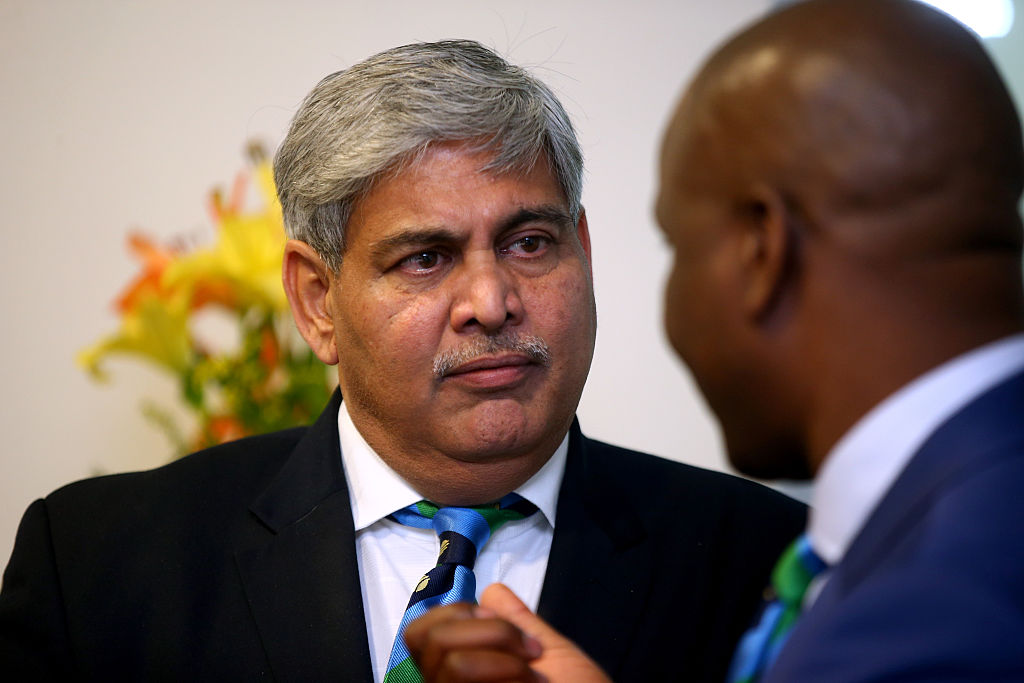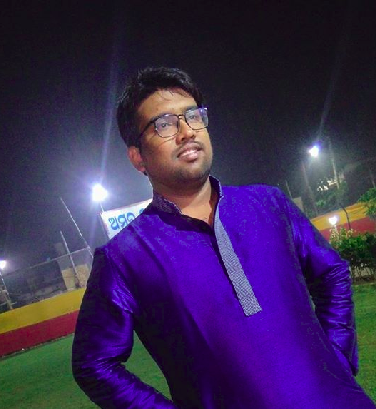Veering from plutocracy and democracy, ICC failing itself massively
The enforced lockdown does that to you, you either become creative and start your own Instagram Live session, or you sit and do nothing. And I chose the latter, but with a little fragmental addition of clearing the dust from the numerous books that I have, regarding the business of cricket.

There is a particular paragraph in Gideon Haigh’s Sphere of Influence that caught my eyeballs, where the Aussie gave the behind the scene story of Malcolm Gray and IS Bindra having a serious argument about a part of the 1996 World Cup being played in Sri Lanka. While something like that is unimaginable at the time of the current executive management, which is far away from the amateurish enthusiasm that the board officials managed to muster in the past, hindsight gives a perspective on how things have progressed. The lockdown incensed it further, giving me abundant time to analyse the real impact that the International Cricket Council have had in their 110-year history.
Since the Imperial Cricket Conference, as ICC was known as back in 1909 when the first meeting took place at the Lord's, to the Annual AGM that marks the date every year now, the top dogs argue that they have made quite a progress in terms of cricket governance. But have they really? Well, for the majority of the 20th century, the ICC was just an organisation operated by England and Australia while South African plutocrat Sir Abe Bailey used the Imperial Cricket Conference to satiate his dreams of a Triangular Tournament of three-day Tests also involving England and Australia. Nevermind, the latter became a bigger farce than the Stanford T20 Challenge in the Caribbean. The IPL can rest easy.
Over a century and 10 years since its first meeting, the ICC has evolved to become an organisation that Sharad Pawar, the body’s former president, once called it “democratic”. Funny because it was the same Pawar who was at the forefront of blocking the way for John Howard from becoming ICC Vice-president a decade ago as the sub-continent boards’ autocratic mindset stopped them from believing a certain kind of truth. It was the same democracy that made the ICC Cricket World Cup a 10-team affair because big teams drive money and small teams don’t. But the same democracy cleared the way for money put into the system of small team pools while having a backside declaration of additional USD 100 million for India when the latter seemed to be going on the road of not honouring the MPA for the 2017 Champions Trophy. So what was the democracy we are talking about here? Loads of crap?
When David Richardson took over as the ICC Chief Executive Officer, which coincided with Shashank Manohar’s tenure as the body’s first independent Chair, they formulated a track by track strategy to intricate the big bodies and lest the question comes to them, the big boys, sans BCCI, joined forces to do away with the same formula they had created a few years ago. It is like - God damn it, we will show our own plutocracy and then revert like you would be left stunned. With the precedent set, can we expect something different from the new CEO in charge, Manu Sawhney?
If the recent actions are anything to go by, then expect some over-the-top up front rolling that would show you they care but once the distribution model time comes up, the archaic denominations would be the chief order of the day. The honest fact of the matter is ICC’s major work has been to collect event revenues from television and sponsorship rights to its various official events while waiting for the boards to send its bilateral calendar for signature. We might overstate at times, but their power in “real cricket management” is as little as the role of President of India in the country’s governance.
As we embark on a journey to 2020s, it is prudent to understand that ICC has to play a bigger role than it is doing now, where neither plutocracy nor democracy can have a real say. One may ask me - what is your problem with democracy? Look, just because a group of people are voting to form a statutory board, we can't overlook the fact that their own selection to the capacity is a deeply faulty one. At a time when business tycoons like Mukesh Ambani and Parth Jindal are more powerful in the cricket industry than some of the ICC presidents ever were, do you still believe their rise and triumph is linear? ICC must remember that having a balance in dealing with different boards will create a thriving culture, and anything else is pure BS.
When cricket does return, even if it is a regular showdown between India and Sri Lanka or a domestic IPL or a T20 World Cup for that matter, the ICC, which has already crossed two spectrums of irrelevance, will jump to have their own fight. It is the fight to show that they still matter - of course, they do, who else will come up with an insistence meeting with little zero growth programme - and hanker to no end. To stand on that moral high-ground through, it is important to acknowledge their own ideology and last but not the least, a consistent approach to solving things. Surely, that is not asking too much.

Comments
Sign up or log in to your account to leave comments and reactions
0 Comments